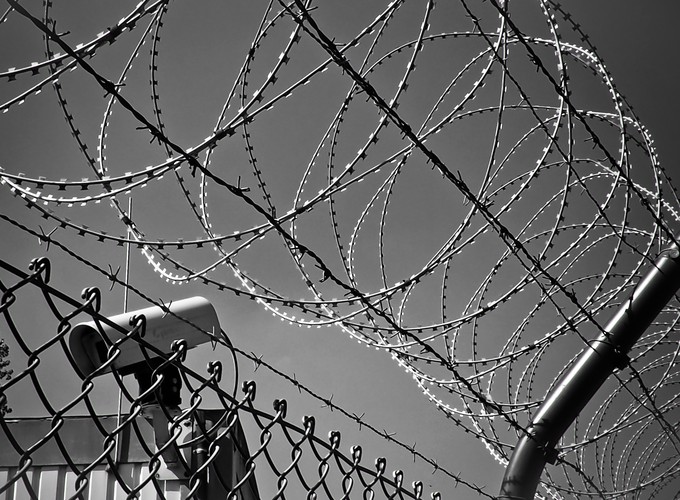Cruelty and indifference are the point: Preference for hierarchy is related to support for policies that harm marginalized groups through feeling both less empathy and more schadenfreude
Abstract
Individuals who have relatively higher levels of social dominance orientation (SDO; Ho et al., 2015) are more likely to support policies and engage in behaviors that harm marginalized groups through both passive (e.g., neglect) and active (e.g., subjugation) means. While SDO is positioned as a relevant antecedent to outcomes regarding intergroup conflict, the mechanisms by which SDO impact group harm are underspecified. In this paper we investigate the social emotions of intergroup empathy and schadenfreude—the congruent negative and incongruent positive emotional reactions, respectively, a person has in response to the suffering of members from another social group—as key mediators between SDO and intergroup harm. More specifically, we test a model in which SDO leads to active harm primarily through feeling schadenfreude while SDO leads to passive harm primarily through not feeling empathy. In four pre-registered studies (N = 3,468), we show initial support for this model, as SDO’s associations with actively harmful policy support were more strongly mediated through schadenfreude than empathy, while SDO’s associations with passively harmful policy support were more strongly mediated through empathy than schadenfreude. We discuss the relevance of these findings to intergroup conflict interventions more broadly, as well as highlight the role of schadenfreude in motivating intergroup harm.
